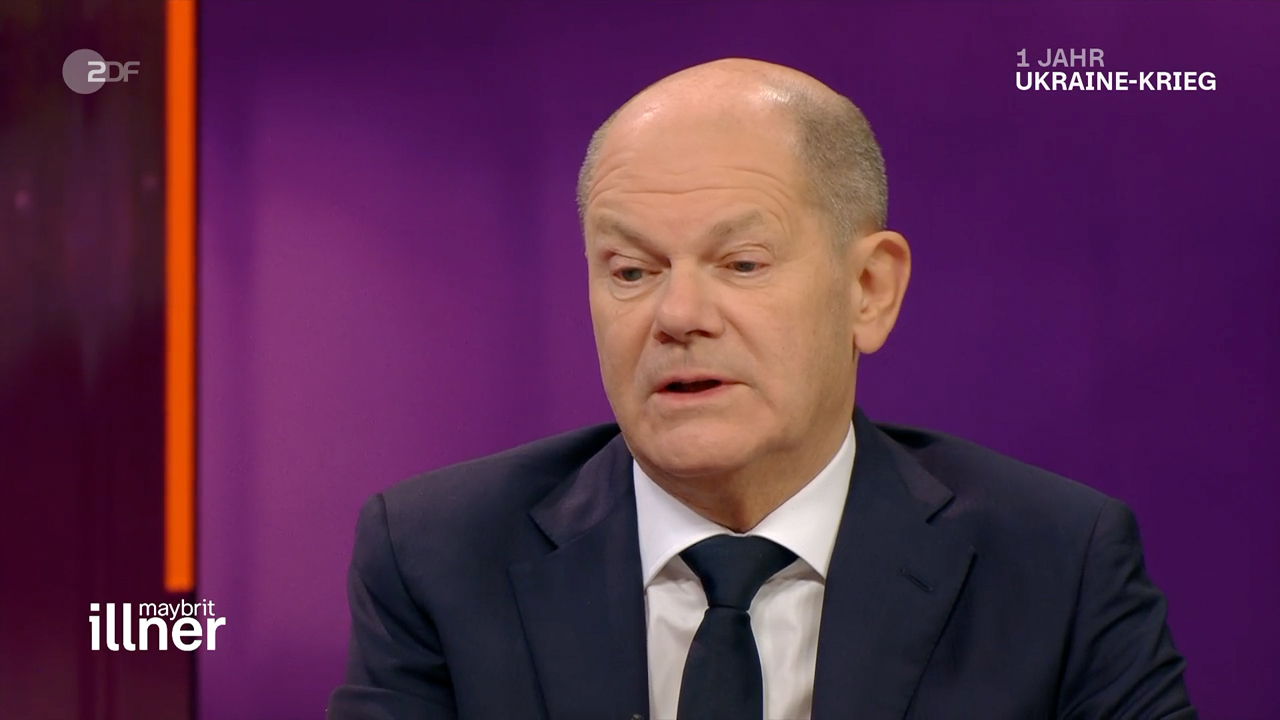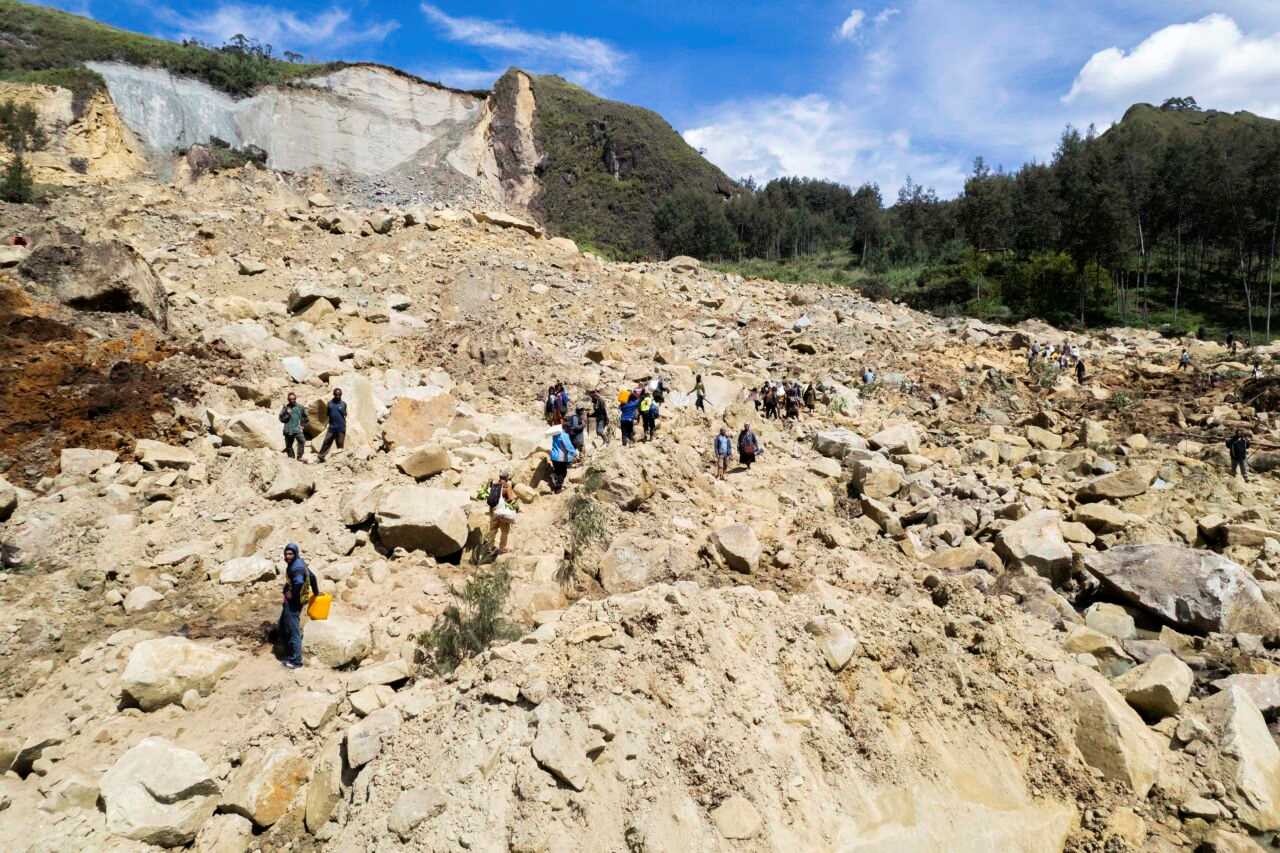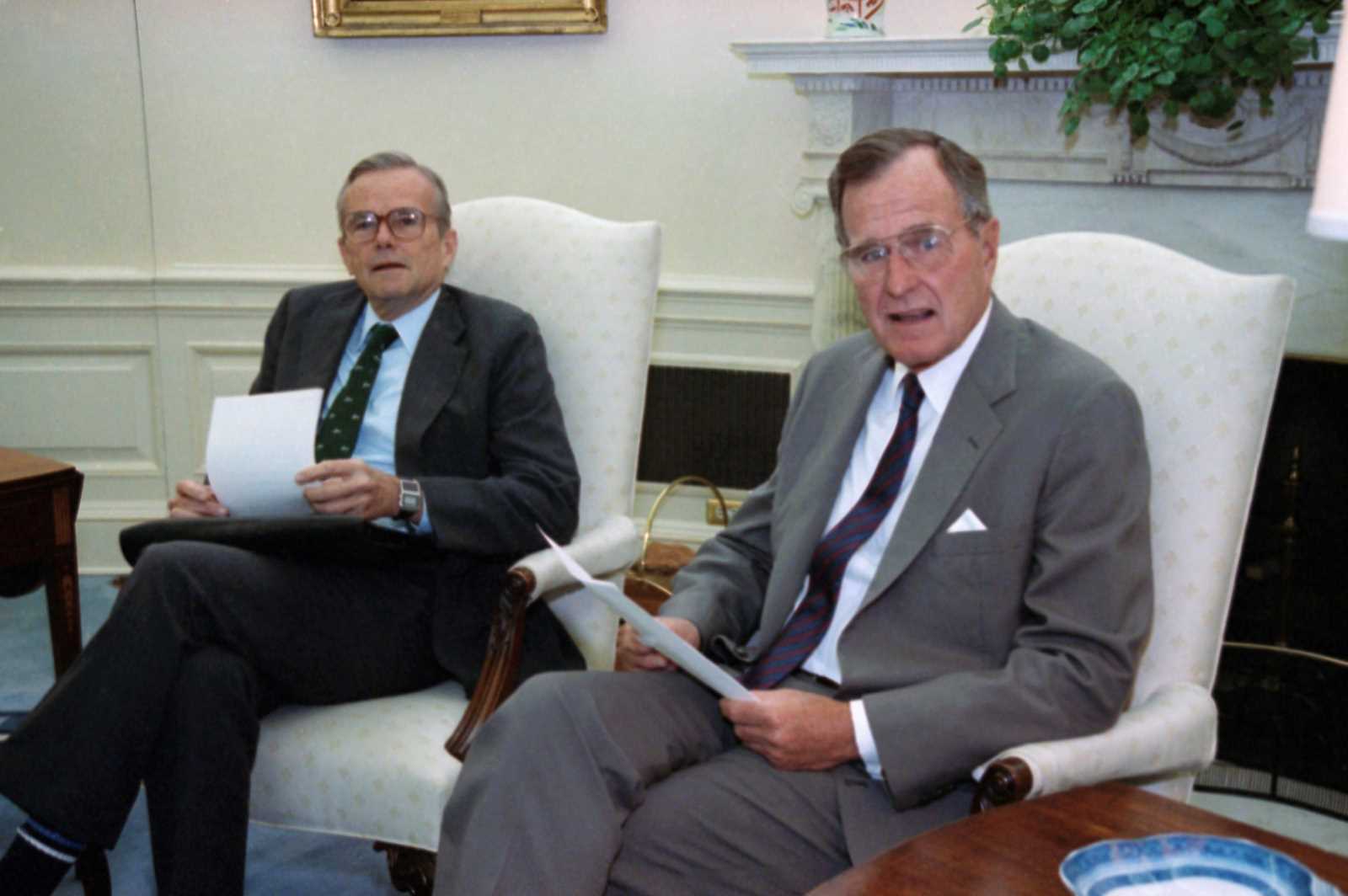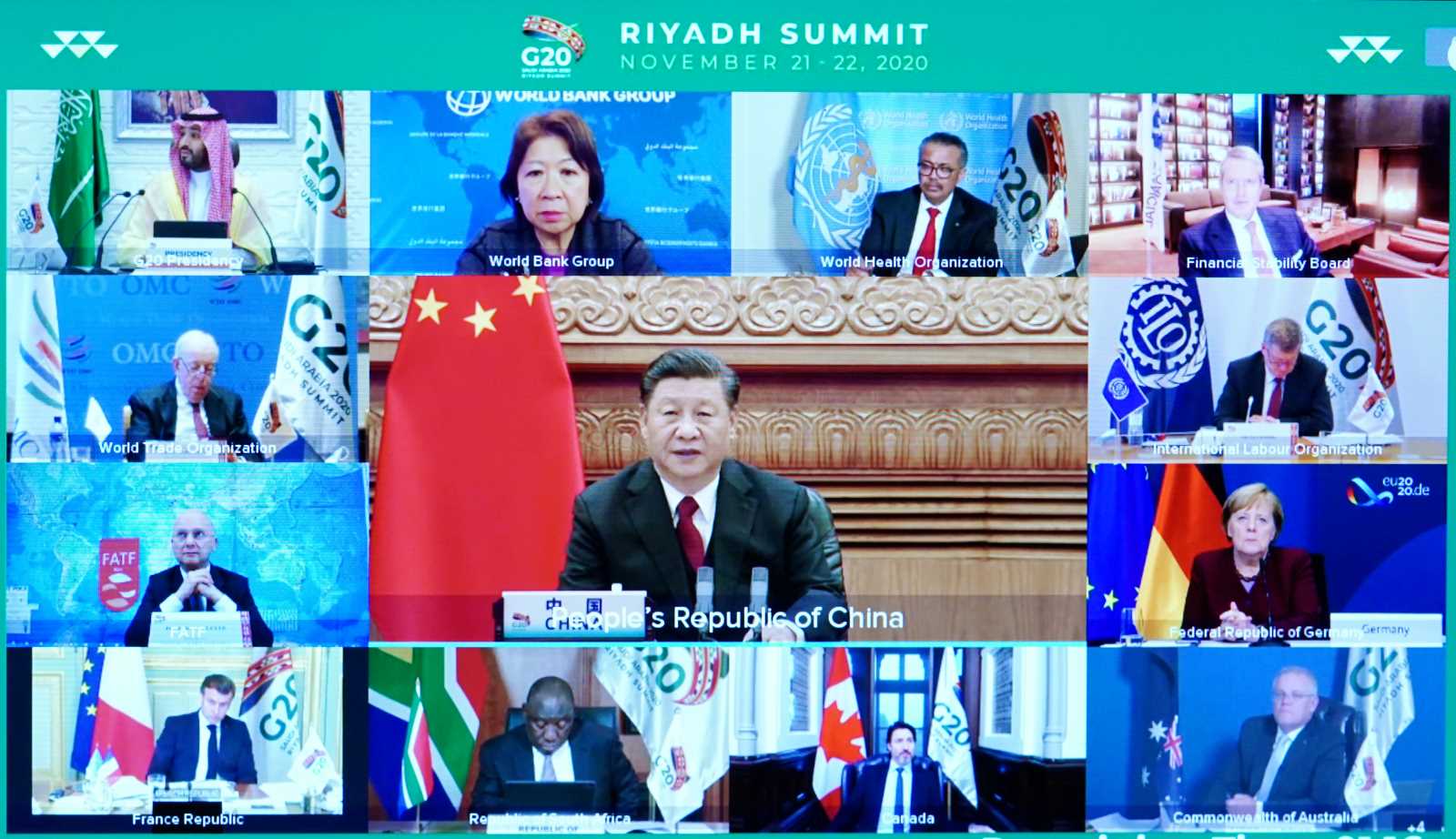On our own behalf
Our editor-in-chief says goodbye
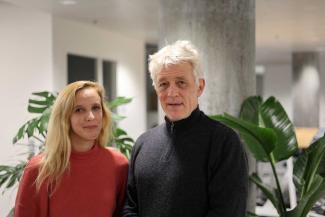
What I did not understand at first was that the leadership of the Federal Ministry for Economic Cooperation and Development (BMZ) was serious about the editorial independence they promised. They knew that they benefited more from a credible international forum than from just another PR outlet. They even created a new advisory board to protect the editorial team from overbearing demands from the BMZ’s officers or its major agencies.
My team and I thus had the privilege to think for ourselves. We regularly published items that did not toe the government line. Sometimes those items probably fit BMZ leaders’ views, though, representing the cabinet, they themselves could not say so. We were not told, and never got harsh feedback either.
I have reached the age to say goodbye to you, our readers, and hand over the baton to my successor, Eva-Maria Verfürth. I am grateful to BMZ and its agency Engagement Global for having had this wonderful opportunity. I am also grateful to my team for constant support, to all board members for their vigorous encouragement and to the many contributors who kept sending fascinating manuscripts, some of whom became long-distance friends. Too many people were involved to name them here. I thank them all.
I have great faith in the next editor-in-chief. She is a trusted friend and was a team member from 2010 to 2018. She will do a great job with the full commitment of the team. The platform will keep serving its purpose after becoming “digital only”.
Failed efforts
It is for another reason that I have a feeling of defeat. From the start, my work was guided by two paradigms:
- Lasting progress in society depends on local and national ownership. All too often, however, official development assistance (ODA) basically means money for projects and programmes designed to please donor wishes. Properly understood, development cooperation must be more. Social change occurs where people’s expectations, aspirations and attitudes change. The implication is that donor institutions must not only make deals with partner governments but pay attention to voices from those countries.
- Global governance is crucially essential. If the world order is not conducive to the development of disadvantaged regions, people there will stay poor. All too often, they will also be exposed to violent repression or strife.
Both paradigms are valid. In the past two decades, however, there has been precious little progress. In regard to ownership, established donors only half-heartedly accepted the principles that were spelt out in a series of multilateral High-Level Forums on Aid Effectiveness from 2003 on. The momentum petered out ten years later. Decisions on what is funded where and for what purpose are still far too often made in the capital cities of high-income countries. The institutions of developing countries must follow a host of different administrative guidelines, depending on which multilateral or bilateral agency they get funding from.
The erosion of the aid-effectiveness agenda was symptomatic. Many multilateral initiatives did not deliver results as promised and needed. When I started in this job, for example, the World Trade Organization had recently launched its Development Round at the Doha summit. It mostly evaporated. In the Covid-19 pandemic, not even the promise of not letting patents block public-health policies came true.
The UN Framework Convention on Climate Change had only been in force for 10 years. Its Kyoto Protocol, adopted in 1997, still looked promising. It was expected to become a blueprint for advanced nations committing to recurring cycles of increasingly ambitious climate-emission reductions. Moreover, they would systematically support climate action in poorer countries. The USA did not ratify the Protocol, its first cycle was disappointing, and the approach was abandoned. The climate crisis never stopped escalating.
I doubt things will become better soon. The return of Donald Trump to the White House will probably usher in yet more pompous posturing by supposed patriots, though no sovereign state can rise to global challenges on its own. At the same time, all nations must adopt ownership of global solutions. The two paradigms remain true. Will they guide policymakers? It does not look like they will.
Hans Dembowski was D+C/E+Z’s editor-in-chief from January 2004 to December 2024.
euz.editor@dandc.eu


